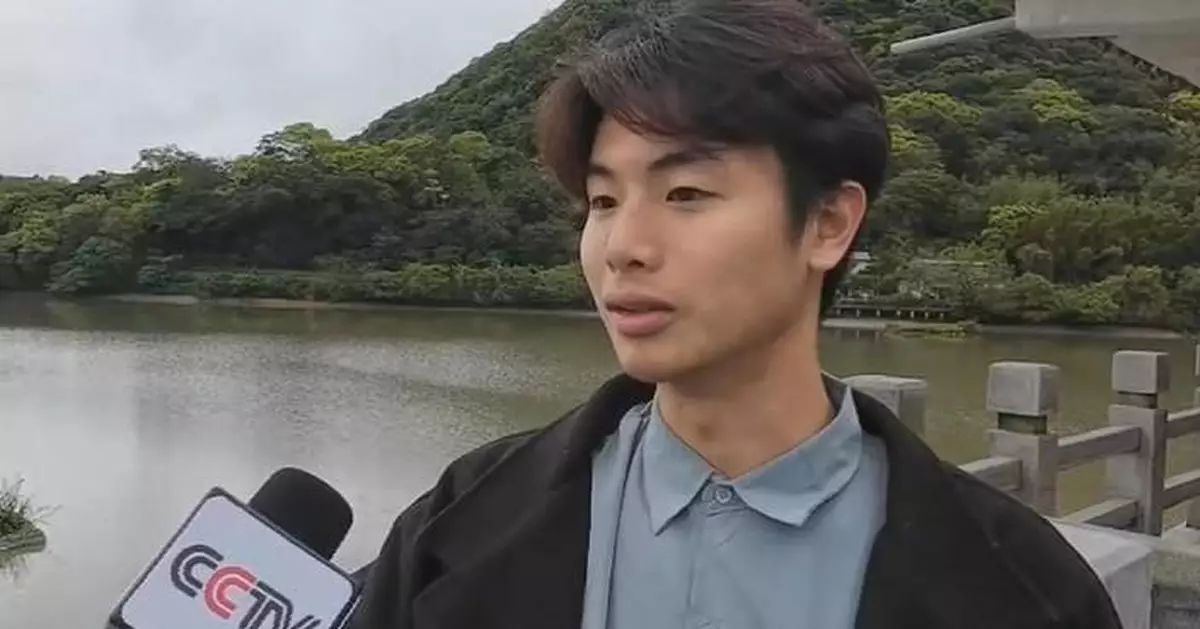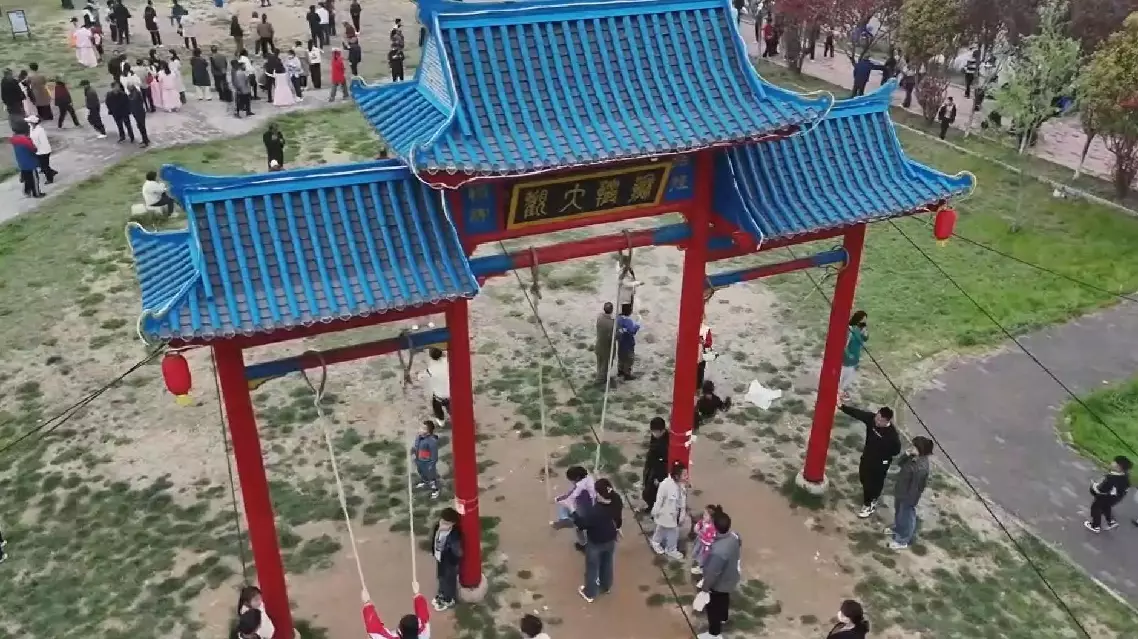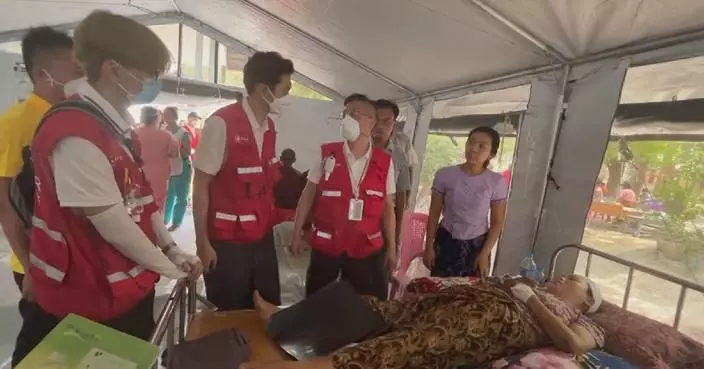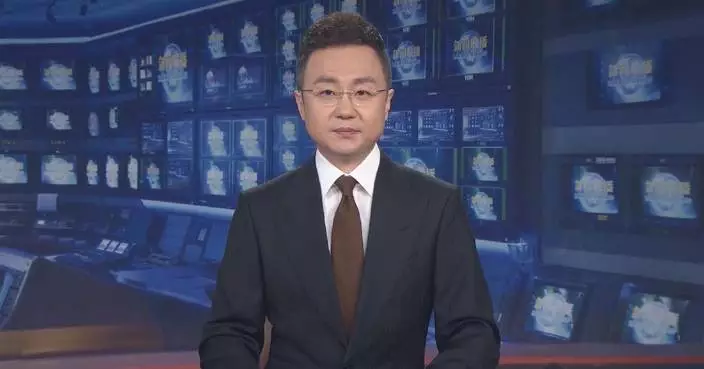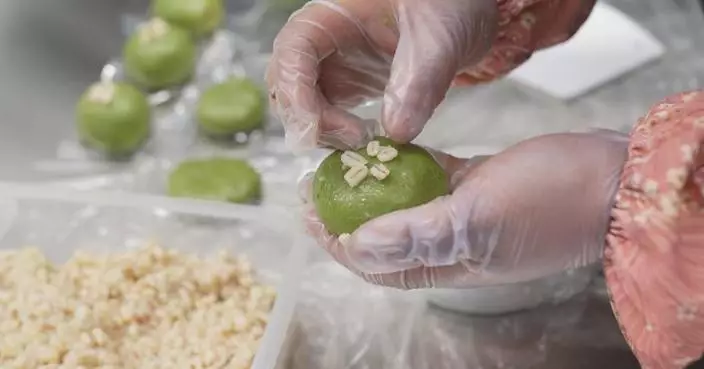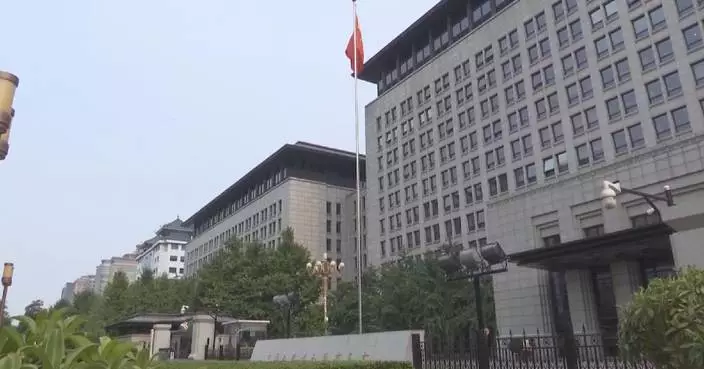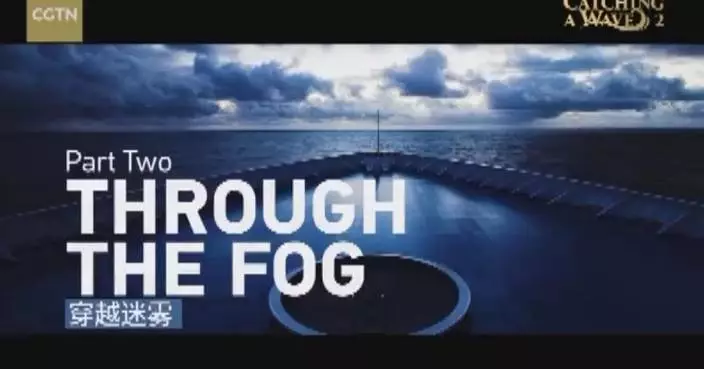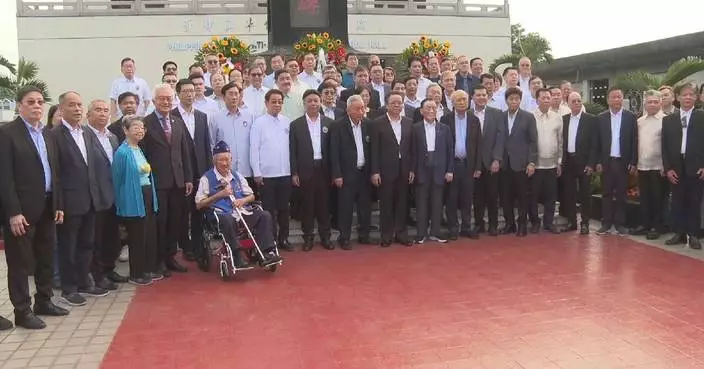Compatriots in China's Taiwan region on Tuesday expressed their opposition to provacation activities by 'Taiwan independence' secessionist forces.
The Chinese People's Liberation Army (PLA) Eastern Theater Command carried out joint exercises around the Taiwan Island on Tuesday and Wednesday, following Taiwan leader Lai Ching-te rolled out his provocative 17 strategies.
The seizure and control of transport channels is one of the situmulating measures in the latest round of exercises.
"Taiwan relies on imports for most of the goods and resources it needs, so import channels are very important for its survival and development. The PLA did not disclose when this drill would end at the beginning. Many were worried that if it lasted more than seven days, Taiwan would run out of natural gas, an important source of its power generation. I think this is the issue Taiwan residents should worry about. Most people in Taiwan don't want a military conflict between the two sides of the Taiwan Strait, because it will end up with the ordinary people suffering the most in the end it's the ordinary people who will suffer," said Hsieh Chih-chuan, a current affair commentator in Taiwan.
Residents in Taiwan expressed dissatisfaction with Lai Ching-te for seeking personal political interests at the expense of the interests of the general public and forcing Taiwan residents to join his secession attempts.
"We don't want any military conflicts. We just expect peaceful negotiations. I hope Lai can realize that Taiwan is a small place, and there is no need for another war. Haven't we learned enough from the past?" said a Taiwan resident.
"I believe that moves seeking 'Taiwan independence' will surely lead to serious consequences. The mainland is normalizing its actual combat drills, and is capable of immediate actual combat response when needed. There are many people of different political positions in Taiwan, but I believe we all have a consensus that secessionist activities will bring calamity. I believe that after seeing the latest military exercises, all will clearly understand that this is the possible consequence of 'Taiwan independence' provocations," said Professor Yu Tzu-hsiang from Shih Hsin University in Taipei City.
Taiwan residents also urged Lai and the authorities to return to the right track of strengthening communication with the mainland to resolve differences.
"As an ordinary resident, I do not hope that the two sides of the Taiwan Strait will resort to military force, and I also believe that there is no need for the Taiwan authorities to make provocations. Rational communication between the two sides is what we ordinary people would like to see," said a young resident of Taiwan.
"Taiwan residents are very peace-loving, and we also hope that there can be more exchanges, instead of conflicts, between the two sides of the Taiwan Strait. Compatriots on both sides of the strait share the same language and race, so there is nothing that we cannot sit down and discuss. We hope that in the future there will be fewer and fewer conflicts and that we will be able to return to the past, when there were kind-hearted and orderly exchanges," said another young man.
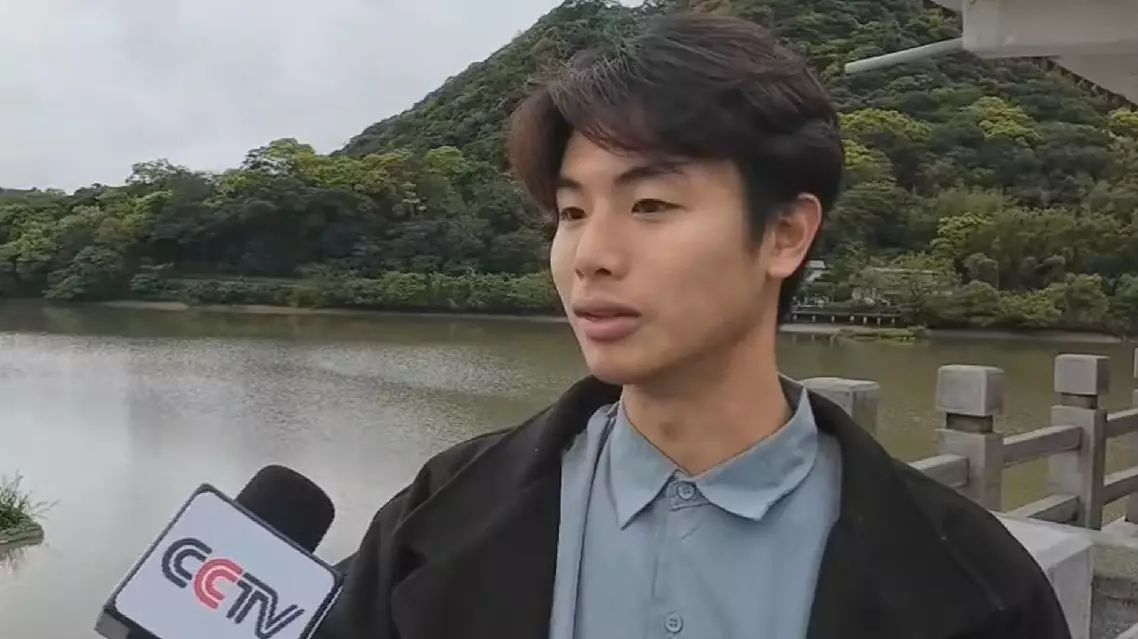
Taiwan residents express opposition to "Taiwan Independence" provocations


